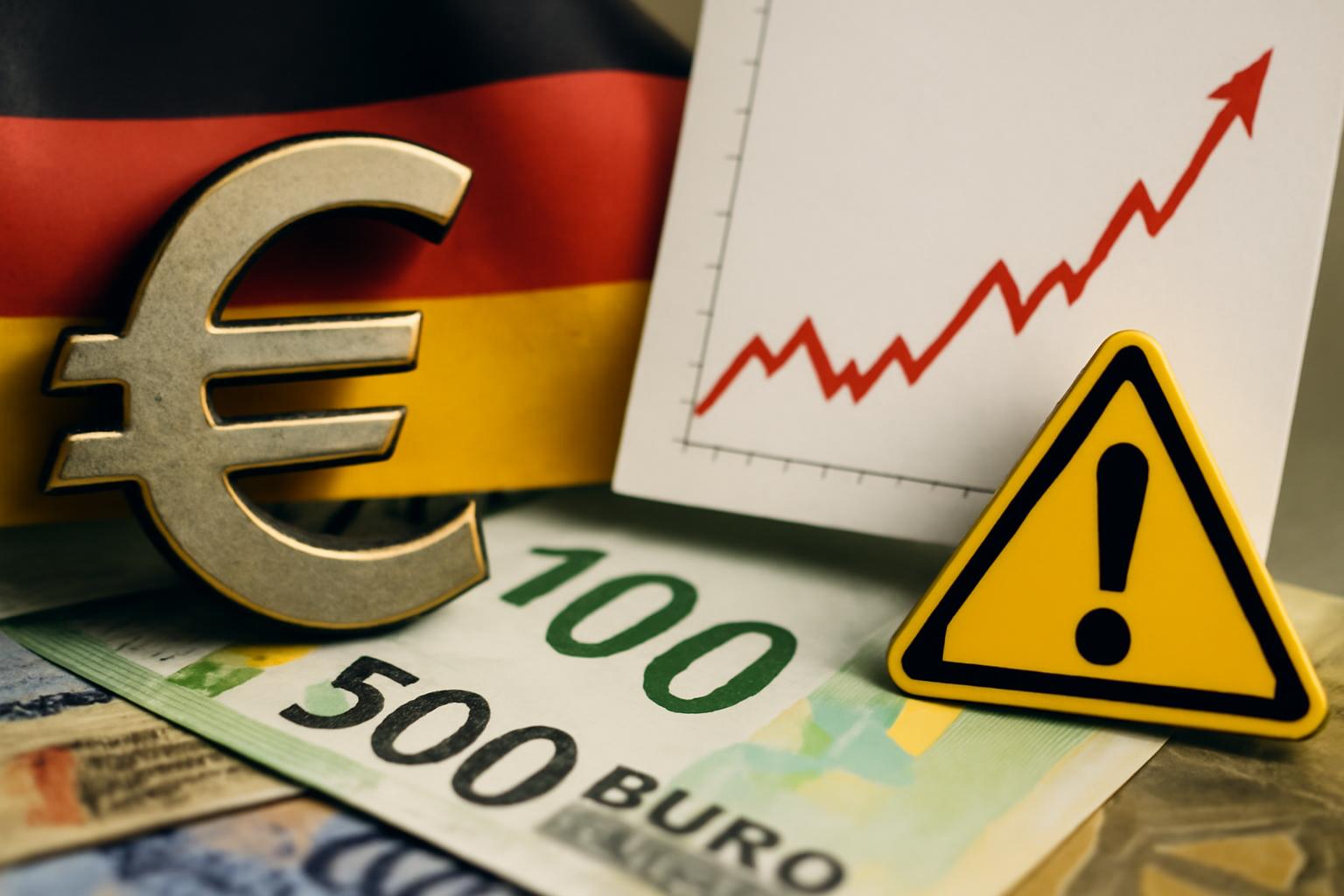In summary, the press release highlights that for many years, Germany enjoyed negligible inflation, but after the pandemic, the situation shifted dramatically. Prices, especially for energy and various goods, have risen sharply due to factors like the war in Ukraine and supply chain bottlenecks. This has prompted central banks to increase interest rates and raised fears of a wage-price spiral, as labor unions respond to rising living costs. Governments face tough choices on how to cushion citizens from the brunt of these changes, and inflation forecasts are now keenly watched.
I must express, with the utmost passion, my concern at how little this debate has internalized the fundamental lessons of economic freedom and decentralized decision-making. Inflation is not a mysterious affliction visited upon us by external gods, but the result of human institutions and their choices—most crucially, of central monetary authorities that, arrogating to themselves the power to manipulate the value of money, sow the very seeds of the disorder they seek to control.
When central banks lower interest rates to stimulate the economy, they unleash a torrent of credit unmoored from real savings—a classic recipe for malinvestment and distortions. When the correction comes, as it must, we see the ugly side: prices soar, wage claims follow, and the call goes out for government action, for further intervention. The upshot is a vicious cycle where each interference brings fresh chaos and loss of confidence.
Let us not be deceived into thinking that government can somehow shield us from the consequences of inflation by price controls, "protective" subsidies, or other meddling in the price system. This way lies only the erosion of liberty and the disintegration of the spontaneous order that makes prosperous societies possible. Inflation is not neutral; it rewards some at the expense of others, distorts our ability to plan, destroys the signals that guide entrepreneurs, and, worst of all, opens the door to ever-greater demand for state control.
The only sustainable path is not tinkering with forecasts or orchestrating further intervention, but restoring sound money—anchoring currencies to rules beyond the whim of governments and politicians. The market, left truly free, is the greatest organizer of human effort and the best guardian of prosperity. The more we forget this lesson, the more we risk repeating history’s darkest chapters.
